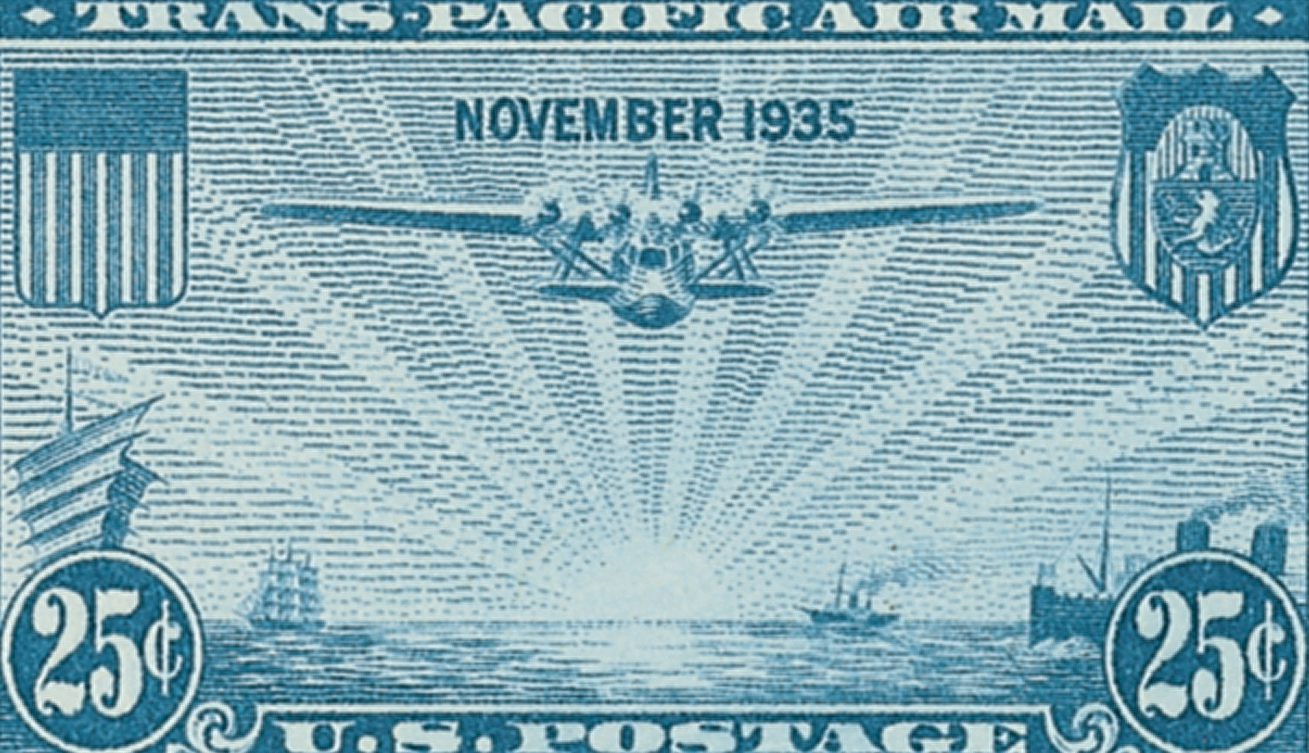Happy Birthday Andrew Carnegie
On November 25, 1835, industrialist and philanthropist Andrew Carnegie was born in Dunfermline, Fife, Scotland. He is often considered to be a symbol of the American dream – an immigrant that came to America and found success, and later shared his riches to help others.









